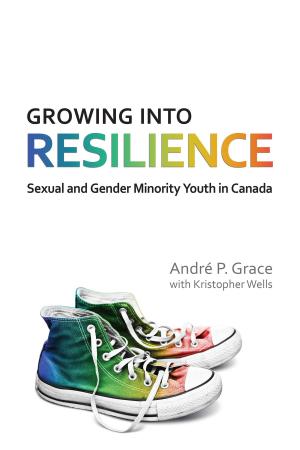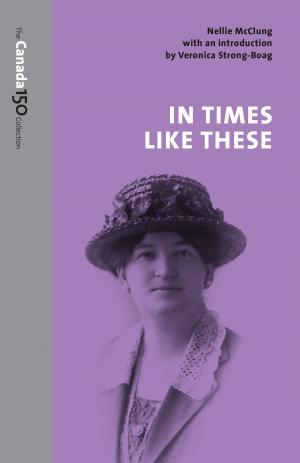Survival Songs
Conchita Piquer's 'Coplas' and Franco's Regime of Terror
Nonfiction, History, Spain & Portugal, Entertainment, Music, Theory & Criticism, History & Criticism, Reference| Author: | Stephanie Sieburth | ISBN: | 9781442661455 |
| Publisher: | University of Toronto Press, Scholarly Publishing Division | Publication: | August 14, 2014 |
| Imprint: | Language: | English |
| Author: | Stephanie Sieburth |
| ISBN: | 9781442661455 |
| Publisher: | University of Toronto Press, Scholarly Publishing Division |
| Publication: | August 14, 2014 |
| Imprint: | |
| Language: | English |
How can a song help the hungry and persecuted to survive? Stephanie Sieburth’s Survival Songs explores how a genre of Spanish popular music, the copla, as sung by legendary performer Conchita Piquer, helped Republican sympathizers to survive the Franco regime’s dehumanizing treatment following the Spanish Civil War (1936–39). Piquer’s coplas were sad, bitter stories of fallen women, but they offered a way for the defeated to cope with chronic terror, grief, and trauma in the years known as the “time of silence.”
Drawing on the observations of clinical psychotherapy, Sieburth explores the way in which listening to Piquer’s coplas enabled persecuted, ostracized citizens to subconsciously use music, role-play, ritual, and narrative to mourn safely and without fear of repercussion from the repressive state. An interdisciplinary study that includes close readings of six of Piquer’s most famous coplas, Survival Songs will be of interest to specialists in modern Spanish studies and to clinical psychologists, musicologists, and those with an interest in issues of trauma, memory, and human rights.
How can a song help the hungry and persecuted to survive? Stephanie Sieburth’s Survival Songs explores how a genre of Spanish popular music, the copla, as sung by legendary performer Conchita Piquer, helped Republican sympathizers to survive the Franco regime’s dehumanizing treatment following the Spanish Civil War (1936–39). Piquer’s coplas were sad, bitter stories of fallen women, but they offered a way for the defeated to cope with chronic terror, grief, and trauma in the years known as the “time of silence.”
Drawing on the observations of clinical psychotherapy, Sieburth explores the way in which listening to Piquer’s coplas enabled persecuted, ostracized citizens to subconsciously use music, role-play, ritual, and narrative to mourn safely and without fear of repercussion from the repressive state. An interdisciplinary study that includes close readings of six of Piquer’s most famous coplas, Survival Songs will be of interest to specialists in modern Spanish studies and to clinical psychologists, musicologists, and those with an interest in issues of trauma, memory, and human rights.















